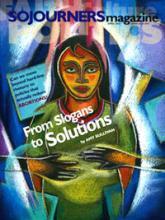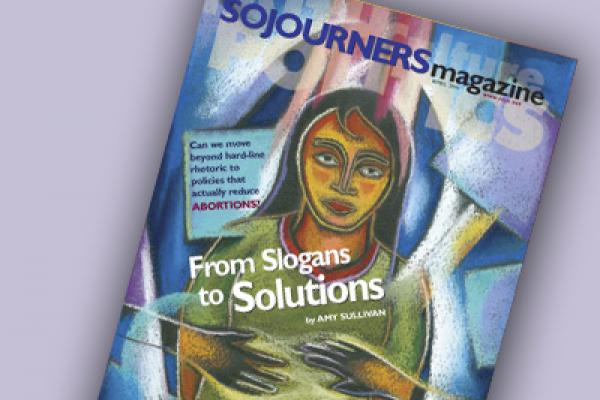On a November evening a couple of weeks after the 2004 election, the regular monthly meeting of Orthodox Young Adults was held at my house. These 20 or 30 college students and young professionals are Eastern Orthodox Christians living in the Baltimore-Washington, D.C. area.
Lillian, a Web designer, had invented a party game for the evening. We divided into two teams. Each team was charged to prepare one of its members to be a “presidential candidate” and given the same list of controversial issues on which to prep, including abortion, gay marriage, federal aid to the poor, and environmental protection. The catch was that we would not choose our positions on these issues. Each team’s package of positions had been preassigned.
The “candidates” did their best to bluster through campaign speeches, in some cases enunciating the exact opposite of their true convictions. At the end, we went around the room and voted, and all voters got a chance to explain their choice.
The results surprised me. Virtually all the participants named abortion as their most important issue and were looking for a candidate who was “pro-life.” Lately, abortion hasn’t been in the headlines as much as it was in the early 1990s, but it hasn’t gone away, and according to a 2003 Gallup Poll young people are surprisingly prone to take a pro-life tack.
Yet the voters in my living room weren’t happy Republican campers. They wanted a candidate who was in favor of gun control and who supported laws that protect the environment. They favored government aid to the poor. The issue of gay marriage went virtually unmentioned. When I asked, “How many of you are both pro-life and against the death penalty?” most of the hands in the room went up.
Read the Full Article

